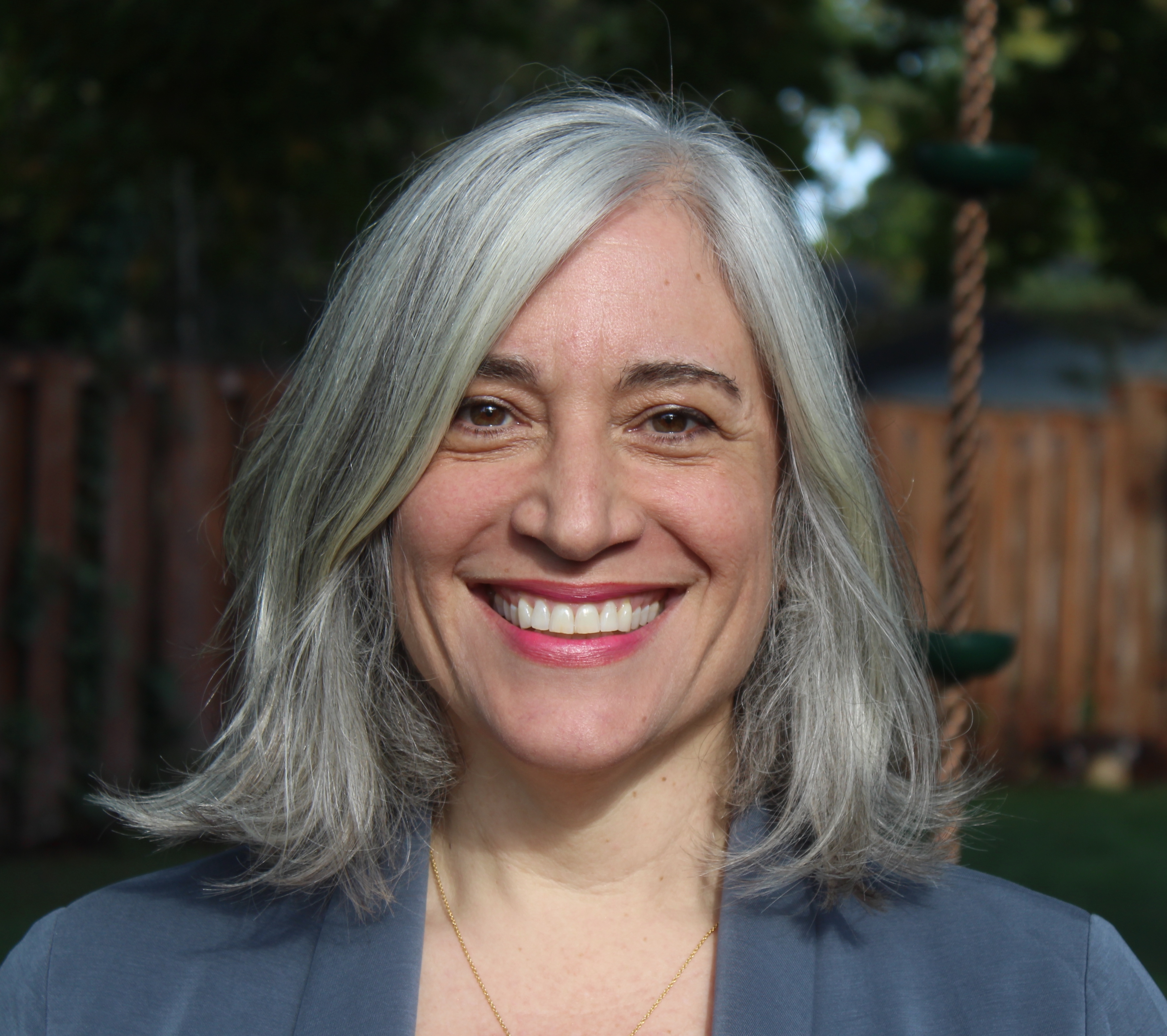- About
About
- Academics
Academics
- Research
Research
- Admissions
Admissions
- Student Life
Student Life
- Athletics
Athletics
- Giving
Giving
- Students, Faculty & Staff
- Parents
- Visitors
- Alumni

Director of Media Relations
Office of Communications and Public Affairs
(610) 758-3224
lof214@lehigh.edu
Lori Friedman is Director of Media Relations in the Office of Communications and Public Affairs. In addition to leading media outreach at Lehigh, she often writes feature stories for the university's online news sites and print publications.
With more than ten years of experience in nonprofit and advocacy communications, Friedman is proud of the work she has done to advance causes related to healthcare, education, science, environmental preservation and social justice. Her media relations and digital communications efforts have been recognized with awards from leading PR industry groups Bulldog Reporter and the Public Relations Society of America (PRSA).
She holds a Masters of Fine Arts and a Bachelor of Arts from the University of California, San Diego.
The recent study demonstrates the effectiveness of a new, innovative machine learning technique to analyze the presence of rare circulating tumor cells (CTCs) in blood.
The work demonstrates the effectiveness of a design strategy that functionalizes a 2D material with an organic molecule.
New essay collection edited by Dawn Keetley explores how the film ‘Get Out’ revolutionizes the horror tradition while unmasking the politics of race in the early 21st century United States.
A new method from Lehigh's Xiaoji Xu significantly improves ability to characterize the electrical property of surface potential of nanomaterials.
Researchers at Lehigh's Center for Photonics and Nanoelectronics are using a new phase-locking technique to achieve record-high output power for terahertz lasers and reported the highest radiative efficiency for any single-wavelength semiconductor quantum cascade laser (QCL).
A question and answer with Sirry Alang, an associate professor of sociology and health, medicine and society.
Wonpil Im creates the program where the models can be accessed.
A Q&A with epidemiologist and College of Health faculty member Hyunok Choi.
The disruption caused by the COVID-19 pandemic is raising questions about the resiliency of the nation’s electricity infrastructure.
A Q&A with Yinan He, associate professor of international relations and an expert on East Asian foreign policy.
Agar and his team have identified—and visualized for the first time—geometrically driven differences in ferroelectric domain switching.
Jeff Trinkle and his colleagues work to advance intrinsically safe soft robots, the future of human-machine collaboration.
Chow and her team have demonstrated a new method to create continuous, highly organized scaffolds for tissue regeneration.
In a new paper, Lehigh University’s Arman Grigoryan contributes to the debate between two intellectual traditions―liberalism and realism―over whether supporting and spreading democracy is an important priority for democratic states.
A Q&A with experts from Lehigh’s Department of Earth and Environmental Sciences and the Environmental Studies Program
Students and professors are creating comics as they deal with the current pandemic.
The professor in the Department of English and a core faculty member in the Health, Medicine & Society Program explains why two novels in particular have been on her mind during the COVID-19 pandemic.
A new study of the medical products industry―the first to examine the impact of female board representation on product recalls―finds that firms with female directors on their boards announce high-severity recalls 28 days faster than all-male boards.
Biologist Michael Layden earned an NSF Career Award for his work to identify the mechanism of neurogenesis during development and regeneration in a species of sea anemone capable of regenerating its nerve cells.
The inaugural dean of Lehigh's College of Health explains how a population health response, focused on data, is key to saving lives.